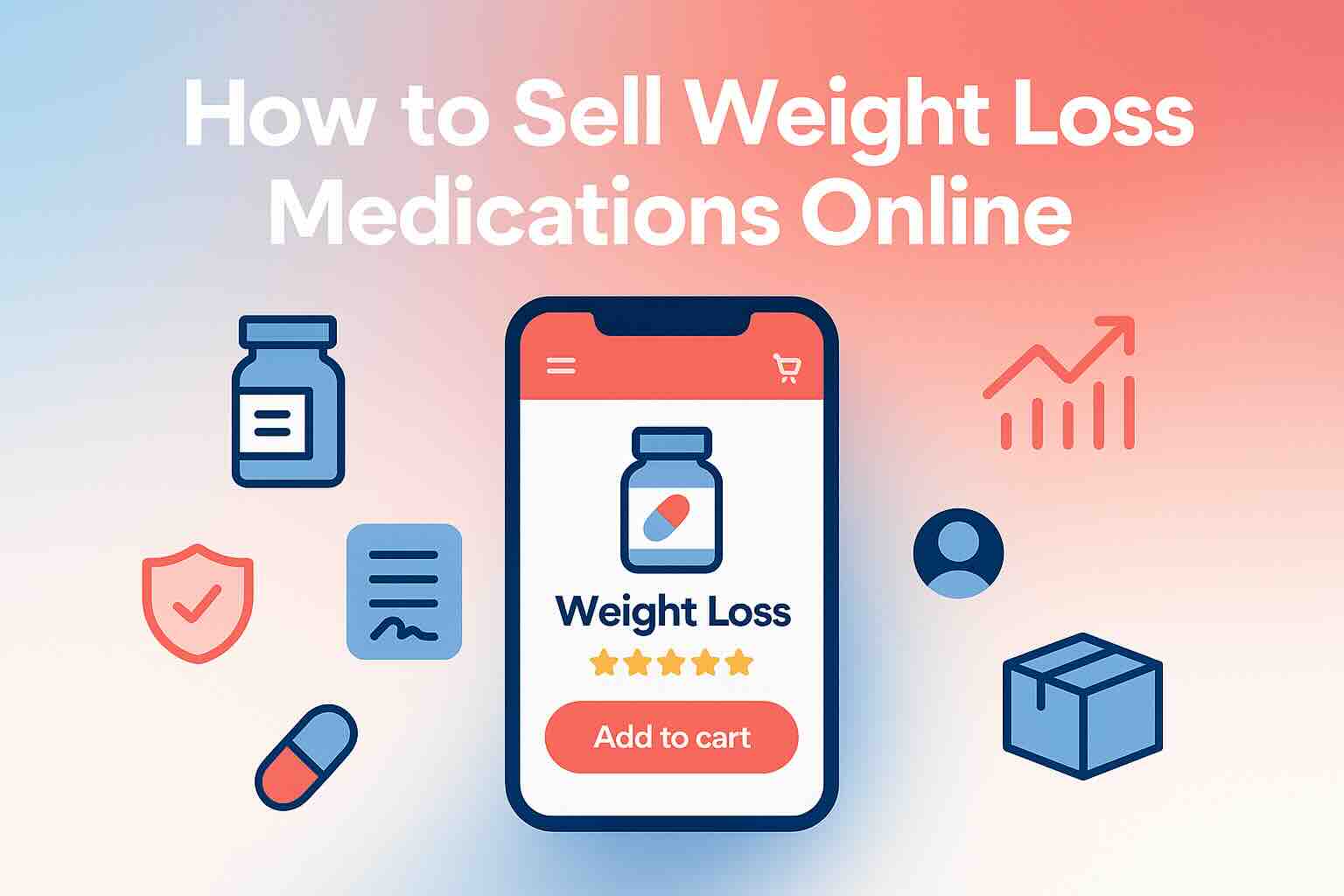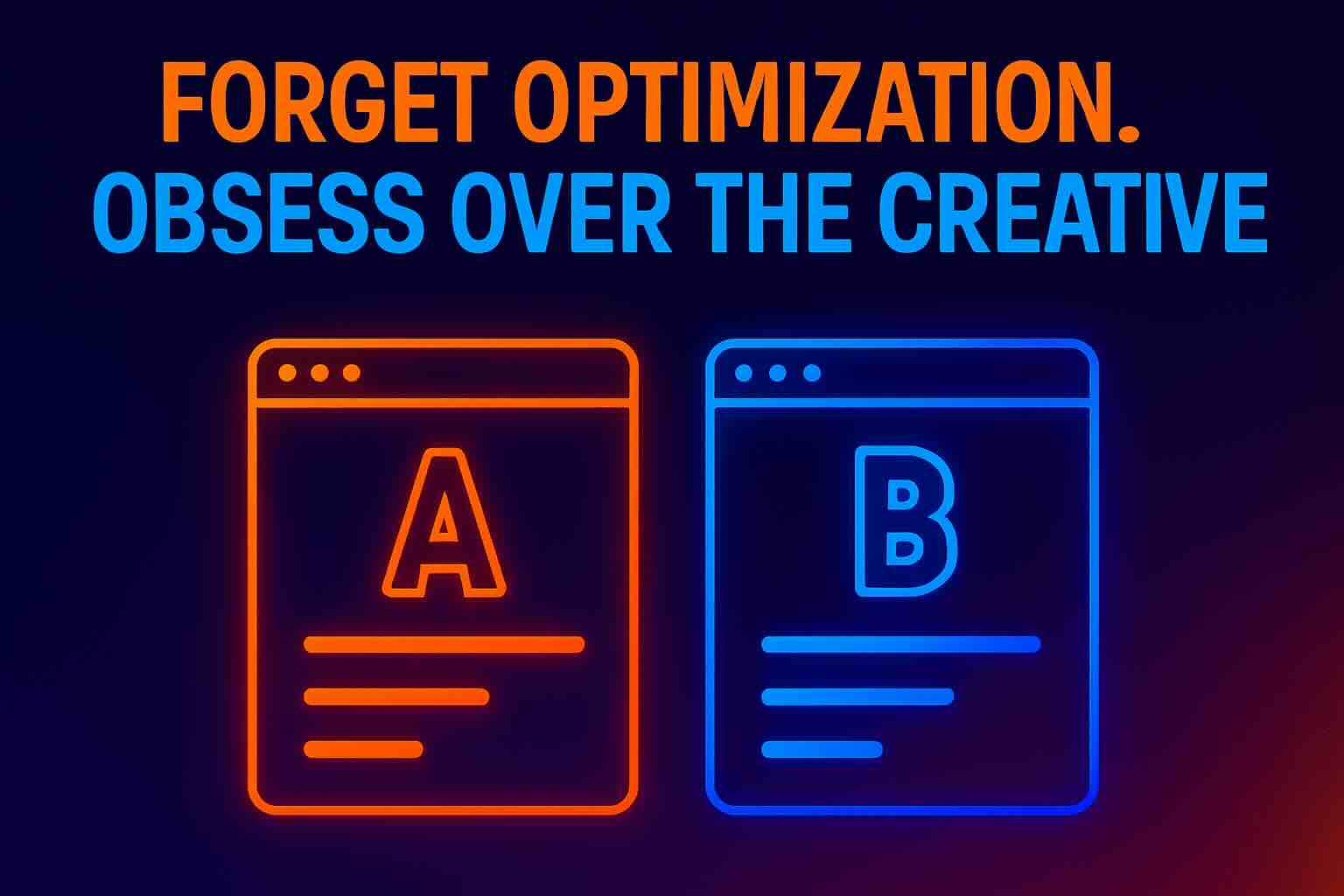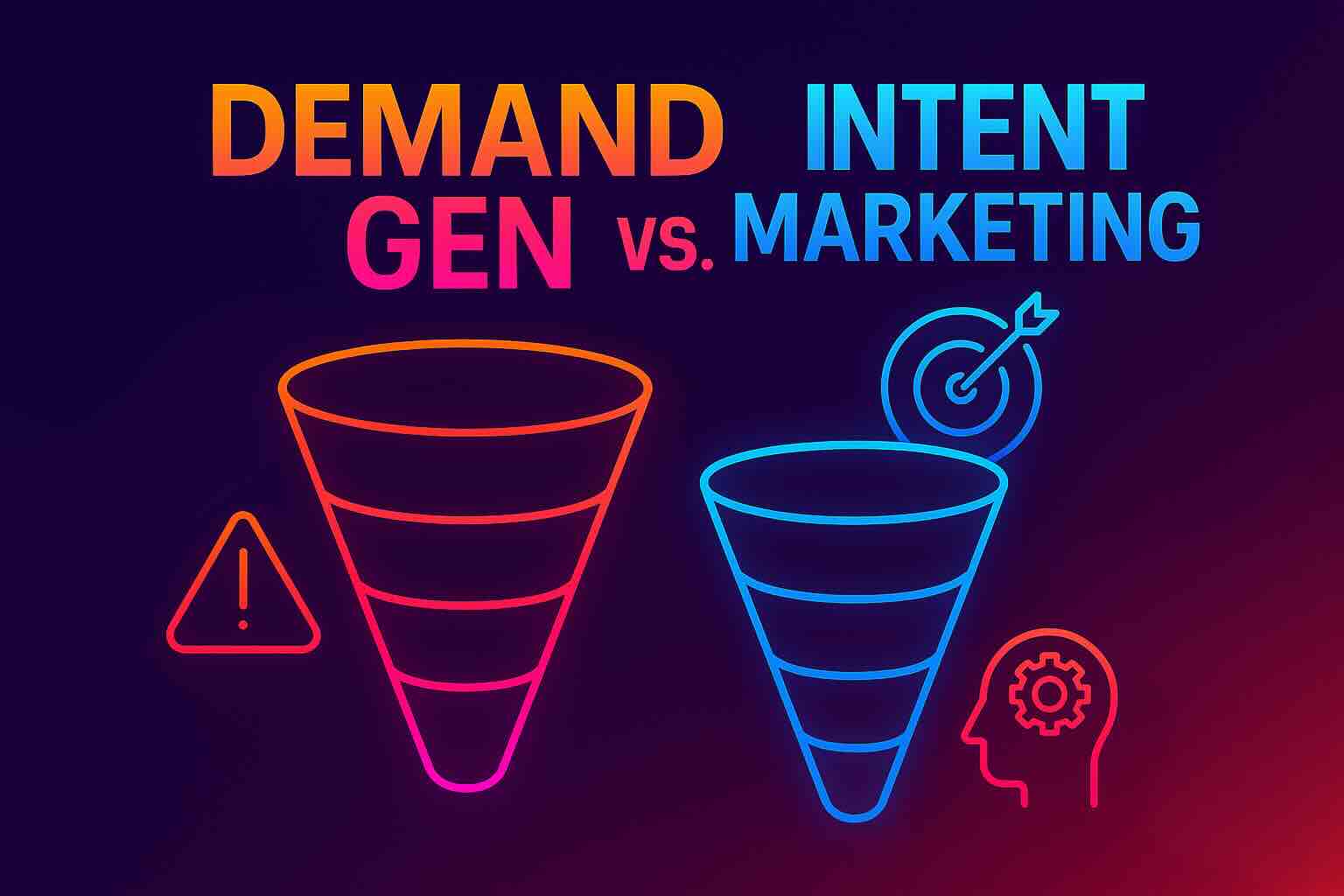How to Sell a Weightloss Drug Online (Legally): A Strategic Guide for DTC Pharma Brands
Want to launch an online pharmacy? Here's your no-fluff guide to selling prescription drugs online legally, with tips on licenses, platforms, compliance, and business growth.
Want to launch a direct-to-consumer weightloss drug online? Here’s your no-fluff guide to selling prescription medications legally, with tips on licensing, platform setup, regulatory compliance, and smart growth strategies.
Understand the Legal Framework
Selling a weightloss drug online is a huge opportunity—but it’s also one of the most highly regulated plays in ecommerce. If you’re planning to bring your prescription product to the direct-to-consumer (DTC) market, you need to understand the legal landscape from day one.
In the U.S., the FDA and DEA oversee prescription drug sales, and every state has its own pharmacy board. Therefore, to sell your weightloss drug online legally, you must:
- Secure proper FDA approval or clearance for your drug
- Register with the DEA if your medication is a controlled substance
- Comply with the Ryan Haight Act, which regulates online prescriptions
- Follow all state-by-state pharmacy and telemedicine rules
In short, get legal counsel involved early. Cutting corners here can kill your launch before it even starts.
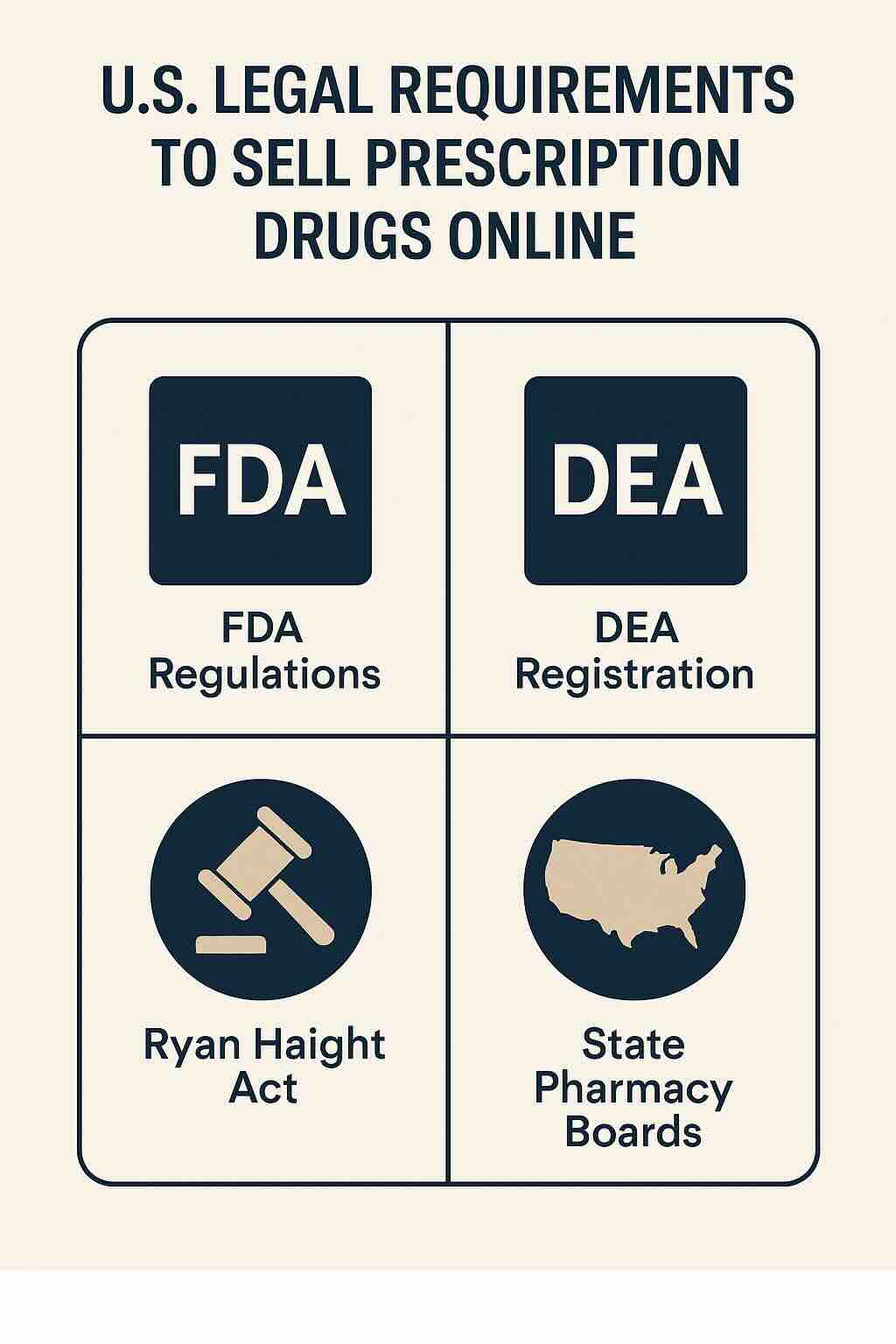
Get Licensed and Verified
Next, even if you’re not opening a full-scale pharmacy, your business still needs proper licensing. This includes working with a licensed pharmacist (or pharmacy partner), securing shipping licenses in target states, and potentially registering as a non-resident pharmacy operation.
Additionally, verification from an organization like the NABP (e.g., VIPPS) can legitimize your site and prevent issues with ad networks, payment processors, and SEO visibility.
Build a Compliant E-Commerce Platform
When it comes to infrastructure, your ecommerce stack needs to be built for healthcare from day one. Selling a weightloss drug means handling sensitive patient data and managing online prescriptions. Therefore, your site should include:
- HIPAA-compliant patient intake forms
- Encrypted prescription upload and validation
- Secure checkout with identity verification
- Telehealth integration for prescription authorization
Put simply, off-the-shelf ecommerce tools won’t cut it—invest in purpose-built DTC health tech infrastructure.
Work With the Right Partners
Beyond your internal systems, partnerships will make or break your scalability. To get your weightloss drug in the hands of patients, you’ll need a reliable network. This should include:
- Licensed telehealth providers to write prescriptions
- Third-party pharmacy fulfillment partners
- Logistics providers with cold-chain capabilities if needed
- Healthcare-focused ad and growth agencies
This ecosystem is what powers your scale—and more importantly, keeps you compliant as demand grows.
Market with Trust and Transparency
Now comes the tricky part—marketing. Trust is everything when you’re promoting prescription drugs, especially a sensitive category like weightloss. Patients are skeptical—and regulators are watching. That’s why your marketing needs to be:
- Medically accurate and fully compliant
- Reviewed and approved by legal/medical before launch
- Focused on outcomes, not exaggerated claims
- Transparent about risks, dosage, and who the drug is for
In essence, leverage SEO, email, and organic content to educate and convert—without triggering regulatory scrutiny.
Think Long-Term: Data, Compliance, Retention
Finally, launching your weightloss drug is just the beginning. From here, you need to scale operations, manage clinical feedback, and maintain airtight compliance. To do that, build systems to:
- Track and monitor patient prescriptions over time
- Detect adverse events and report to the FDA
- Automate renewals and follow-up care through telehealth
- Develop loyalty programs and support communities
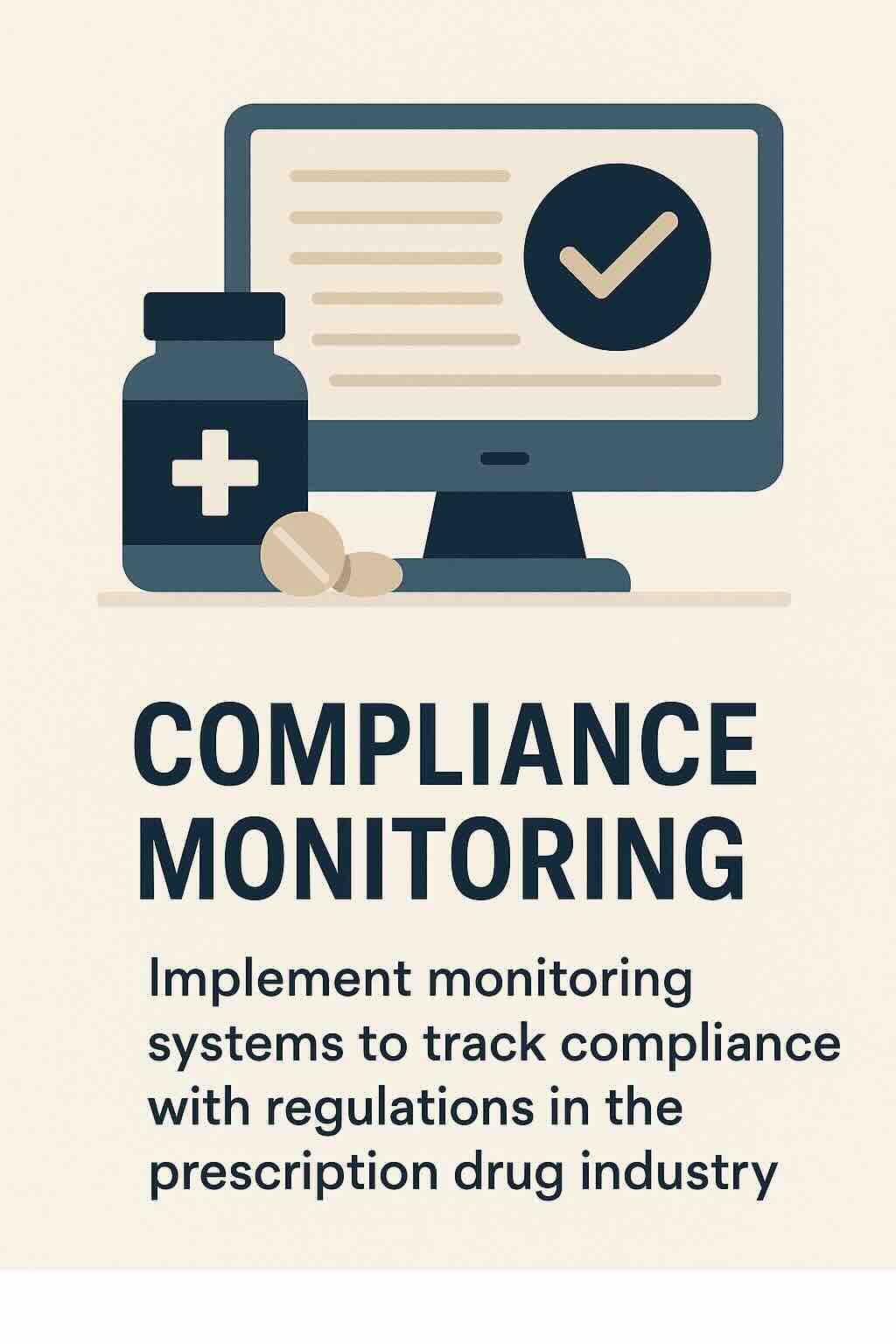
#1 Lever in PPC is The Creative (Not Optimization)
Most marketers obsess over optimization. Bid strategies. Targeting hacks. Attribution tweaks. But here’s the truth: you only win with PPC…
Reading Time: 2 min
Demand Gen vs. Intent: What Startups Get Wrong—and How to Fix It
[anchor id=1] Startup Founders: You’re Probably Spending Your Marketing Budget Backwards Here’s a hard truth I’ve seen play out again…
Reading Time: 4 min
Why Smart Startups Don’t Use Ad Platform Conversions for Reporting
The Data Looks Good—But It's Lying to You Most startup founders and marketing leads look at conversion numbers inside ad…
Reading Time: 3 min
